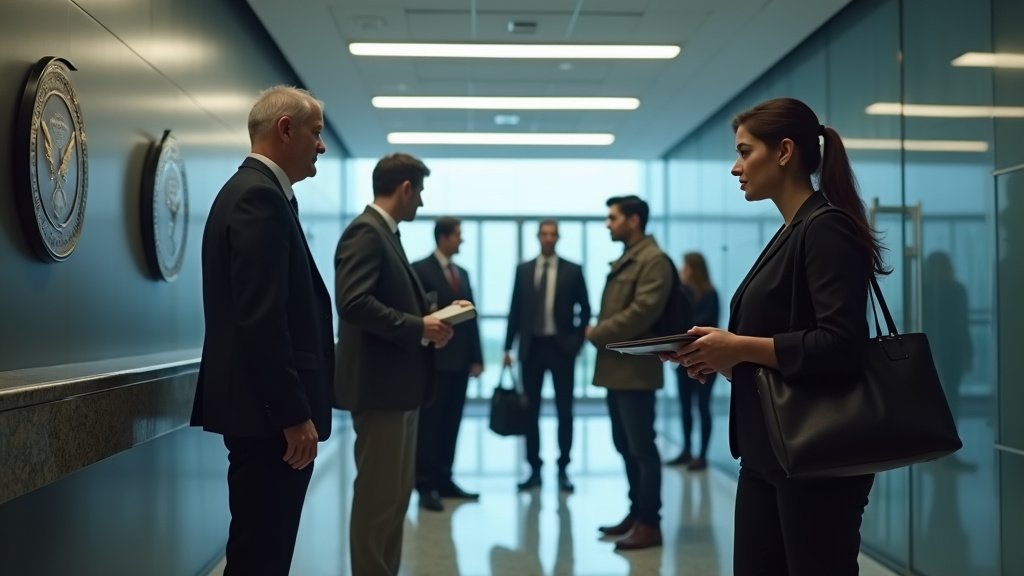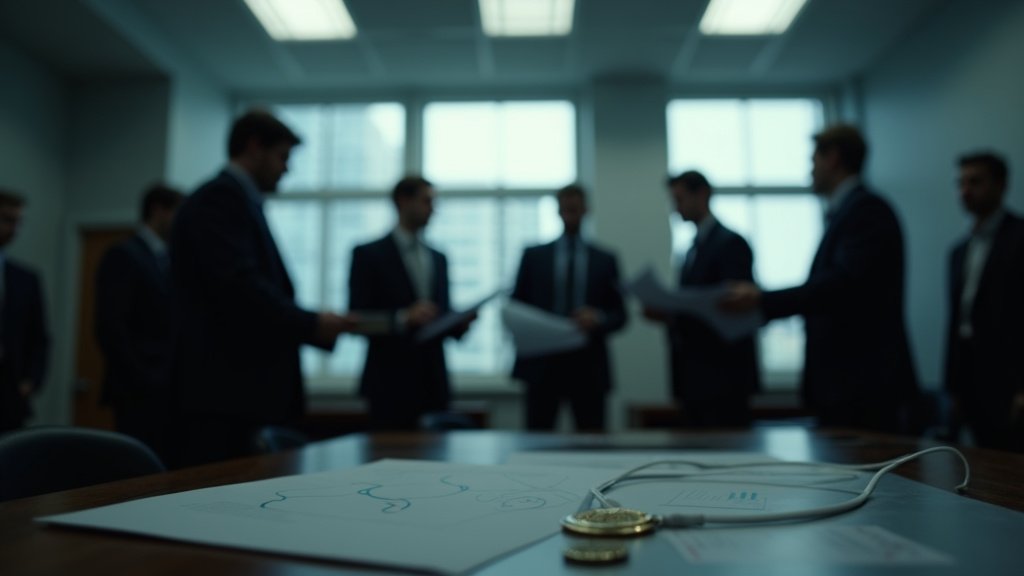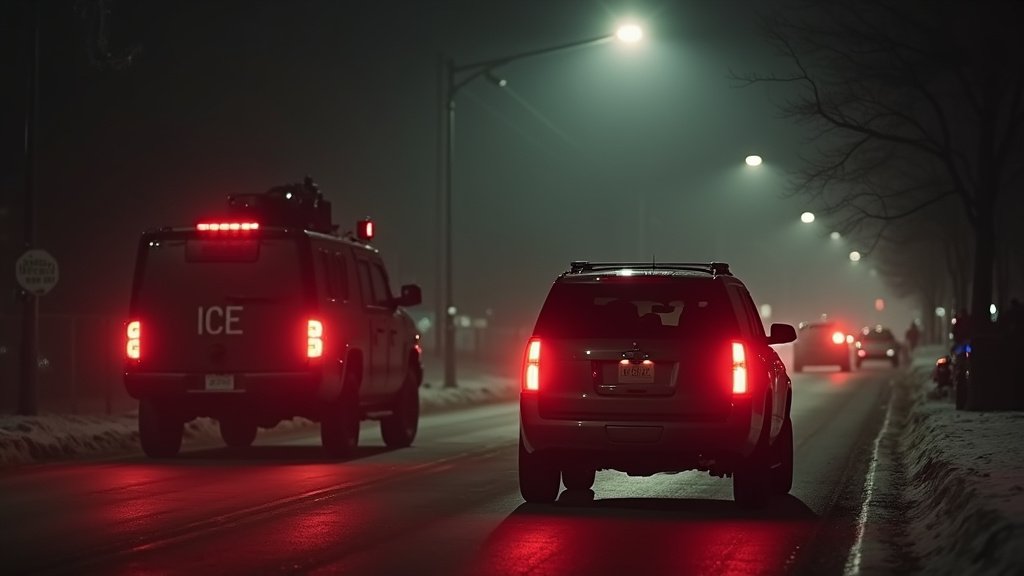WASHINGTON D.C. – Effective September 2, 2025, the United States is significantly altering its visa application process, ending the widely utilized “Dropbox” or Interview Waiver Program (IWP) for most non-immigrant visa categories. This pivotal change mandates in-person interviews for millions of applicants, including those seeking H-1B work visas, student visas (F and M), and tourist visas (B-1/B-2), marking a substantial rollback of pandemic-era flexibilities. The U.S. Department of State confirmed that age-based exemptions, which previously allowed children under 14 and individuals over 79 to bypass interviews, are also being rescinded for most categories.
End of an Era for Visa Renewals
The “Dropbox” system allowed eligible applicants with a history of U.S. visas to renew their status by submitting necessary documentation to a designated location, avoiding the need for a personal consular interview. This process was particularly popular for frequent travelers, skilled workers renewing their H-1B visas, and international students returning to the U.S. for further studies. However, under the new directive, this streamlined process will largely cease. The U.S. Department of State has stated that these changes are aimed at enhancing security, tightening vetting procedures, and standardizing visa processing worldwide.
Who Will Be Most Affected?
The policy shift is poised to impact a broad spectrum of visa holders and prospective travelers. Key categories now requiring in-person interviews include:
* H-1B Visas: For skilled foreign workers.
* H-4 Visas: For dependents of H-1B visa holders.
* L-1 Visas: For intra-company transferees.
* F Visas: For academic students.
* M Visas: For vocational students.
* O-1 Visas: For individuals with extraordinary ability.
* J Visas: For exchange visitors.
* B-1/B-2 Visas: For business and tourist travel.
This means that millions, including many Indian professionals and students who frequently utilize the Dropbox for renewals, will now need to schedule and attend a consular interview, potentially leading to significantly longer wait times and increased administrative burdens. Experts note that for countries like India, which sends a substantial number of skilled workers and students to the U.S., the impact could be particularly pronounced, exacerbating already long visa processing queues.
Limited Exceptions Remain
While the “Dropbox” facility is being dismantled for most, a few categories will still be eligible for interview waivers. These limited exemptions include applicants for diplomatic and official visa categories (such as A-1, A-2, G-1 through G-4, NATO-1 through NATO-6, and TECRO E-1 visas). Additionally, certain renewals of full-validity B-1/B-2 visas and border crossing cards for Mexican nationals may still qualify, provided they meet strict criteria. These criteria typically include applying within 12 months of the prior visa’s expiration, being at least 18 years old when the previous visa was issued, and applying in their country of nationality or residence without any prior visa refusals or apparent ineligibilities. However, even for these eligible applicants, consular officers retain the discretion to require an in-person interview on a case-by-case basis.
Broader Implications for Immigration Policy
The decision reflects a broader trend towards stricter vetting and security measures within the U.S. immigration system, a policy direction that has been evolving over several years. While the U.S. Department of State manages visa issuance, agencies like ICE play a crucial role in immigration enforcement. These visa policy changes are viewed by some as part of a larger national security strategy, aiming to ensure more thorough scrutiny of all individuals seeking entry. The changes are also anticipated to result in longer appointment wait times and potentially affect businesses relying on timely onboarding of foreign talent and academic institutions preparing for new student cohorts.
Preparing for the New Norm
Applicants are strongly advised to check their specific embassy or consulate websites for the most up-to-date information on procedures and appointment availability. Given the anticipated surge in demand for in-person interviews, planning well in advance is crucial. The State Department has cautioned that wait times for appointments are likely to increase, and that only one free rescheduling of a visa appointment is permitted, with subsequent reschedules potentially requiring a new visa fee. This news serves as a critical update for anyone planning international travel or visa renewal to the United States in the coming months.





